Israeli authorities plan to construct ten new Jewish towns in Negev region
Israeli officials plan to rubber-stamp the construction of ten new settlements in the desert Negev region at a cabinet meeting next Sunday, and the decision comes days after a Palestinian man was fatally shot over an alleged stabbing attack near a shopping center in the southern Israeli city of Beersheba.
Israeli interior minister Ayelet Shaked and housing minister Zeev Elkin said five Jewish towns would be built near the city of Arad, and another five close to the road that connects Beersheba and to the city of Dimona.
“This historic and exciting decision has strategic … importance in strengthening the settlement of the Negev. Creating ten new communities is Zionism in all its glory,” Shaked said.
Elkin also asserted that the building scheme would strengthen the economy in the Negev, known as the Naqab in Arabic, making it more desirable for Israeli families to move and live there.
Earlier this month, Shaked and Elkin had also announced the building of two towns in the Negev.
A Jewish village named Kasif will be built within a few months in the outskirts of the Palestinian village of Kasifa and the Palestinian-majority town of Tel Arad. It is said to house between 100,000 and 125,000 people.
The second town, called Nitzanei, will be located near the border with Egypt. It will be an agricultural town, which will house almost 2,200 families and is reportedly part of an expansion of the small town of Nitzanei Sinai.
There are almost 300,000 Palestinians who hold Israeli citizenship. They live in dozens of villages in the Negev region.
Some 100,000 of them live in unrecognized villages and are denied any infrastructure or support. There are no means of transportation, no roads, no schools, and Israeli authorities don't collaborate with local leadership.
“This will be at our expense, as if there are no Arabs living in the Negev,” Juma al-Zabarqa, a former Knesset member and coordinator of the Higher Orientation Committee for Arabs in the Negev, said.
“We constitute 32 percent of the population in the Negev, but they plan as if we do not exist,” he added.
About 600,000 Israelis live in over 230 settlements built since the 1967 occupation of the Palestinian territories of the West Bank and East al-Quds.
Palestinians want the West Bank as part of a future independent Palestinian state, with East al-Quds as its capital. The last round of Israeli-Palestinian talks collapsed in 2014. Among the major sticking points in those negotiations was Israel's continued settlement expansion.
All Israeli settlements are illegal under the international law as they are built on occupied land. The UN Security Council has condemned Israel's settlement activities in several resolutions.
UN Human Rights Council report accuses Israel of apartheid
Meanwhile, United Nations Special Rapporteur Michael Lynk has accused Israel of apartheid in a report submitted Tuesday to the Human Rights Council in Geneva.
“With the eyes of the international community wide open, Israel has imposed upon Palestine an apartheid reality in a post-apartheid world,” Lynk wrote in the report whose full title is “Special Rapporteur on the situation of Human Rights in the Palestinian territories occupied since 1967.”
“The political system of entrenched rule in the occupied Palestinian territory which endows one racial-national-ethnic group with substantial rights, benefits and privileges while intentionally subjecting another group to live behind walls, checkpoints and under a permanent military rule… satisfies the prevailing evidentiary standard for the existence of apartheid,” Lynk noted.
The Canadian legal academic argued that the Tel Aviv regime is pursuing a strategy of “strategic fragmentation of the Palestinian territory into separate areas of population control, with Gaza, the West Bank and East al-Quds physically divided from one another.”
Israel uses Gaza, Lynk said, for the "indefinite warehousing of an unwanted population of two million Palestinians".
The issuing of thousands of work permits for Palestinian labourers in the West Bank and Gaza to work in Israel amounts to the "exploitation of labor of a racial group", the report said.
Lynk also pointed out that “torture continues to be used in practice by Israel against Palestinians in detention.”
The report highlighted that Israel “must cooperate in good faith with the Palestinian leadership to completely end the occupation and realize a genuine two-state solution.”
Last month, at least 277 human rights groups and civil society organizations denounced Israel for carrying out the crime of apartheid against Palestinians and said the regime must be held accountable for such a practice.
The organizations, which came from 16 Arab countries as well as six European and Latin American states, demanded in a joint statement the trial of Israeli authorities involved in perpetration of genocide, war crimes and racial discrimination against Palestinians.
They condemned Israel’s racist practices against Palestinians and its treatment of the latter as an inferior racial group, and called for the launch of a campaign to put an ultimate end to the regime’s apartheid actions.
The human rights organizations also urged punitive measures, including travel bans and asset freezing, against Israeli military officials besides arms embargoes against the Tel Aviv regime.
As Iran, Russia conclude drill, ex-US Army officer warns of surprises
VIDEO | Press TV's news headlines
UN investigators: ‘Hallmarks of genocide’ found in Sudan’s El Fasher
UN rapporteur Albanese: Israel’s West Bank land grab 'will consolidate annexation'
Three Palestinians killed in Israeli raids on Gaza on first day of Ramadan
Hundreds of Dutch nationals served in Israeli military amid Gaza genocide
‘Playing with fire’: Russia sternly warns against any attack on Iran
VIDEO | Iran, Russia naval forces rescue hijacked ship in mock operation during naval drills


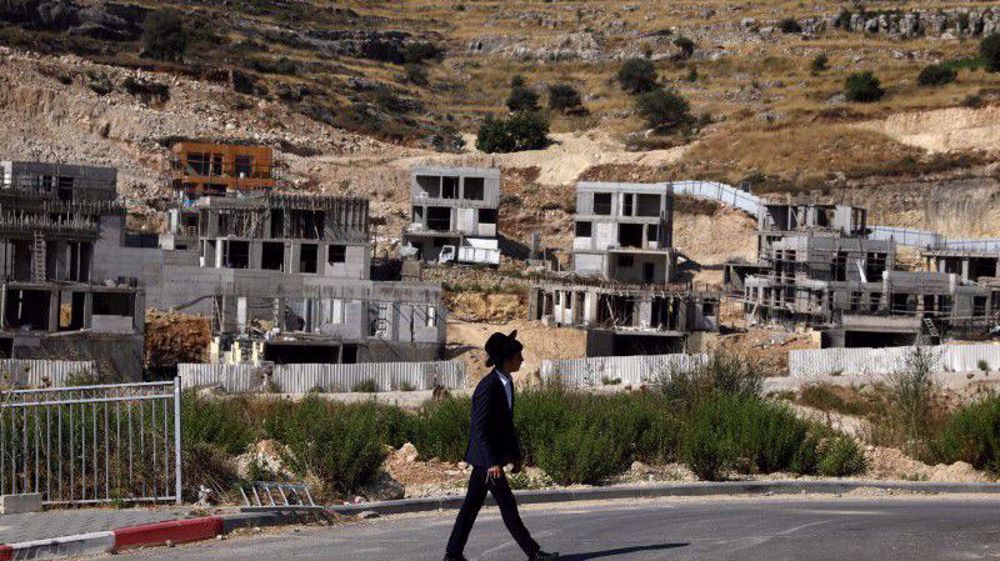

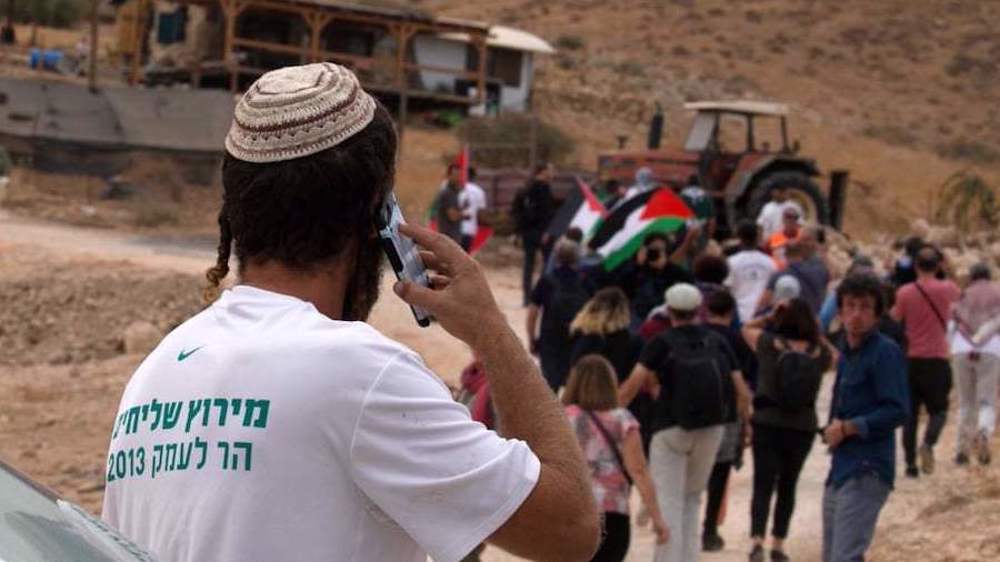
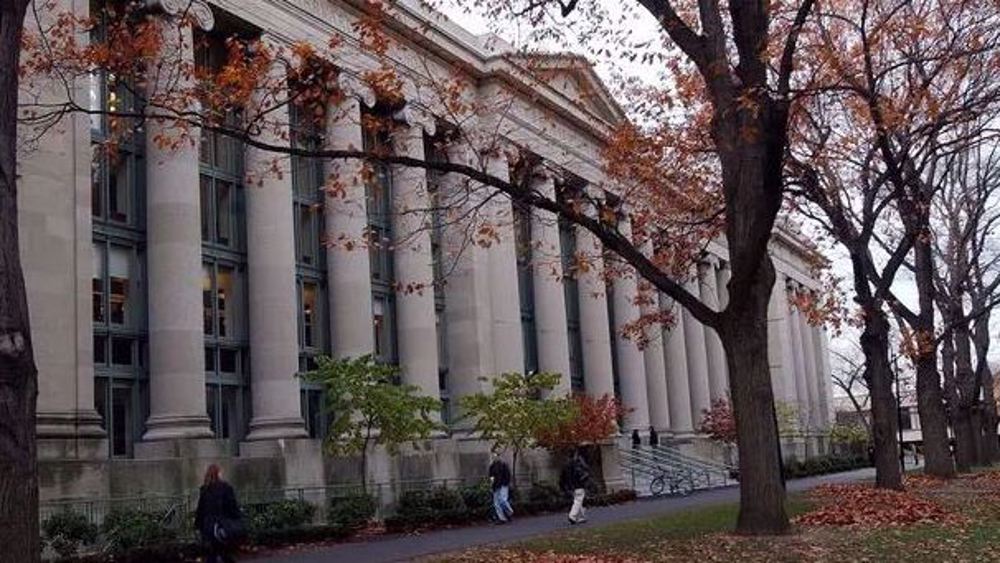
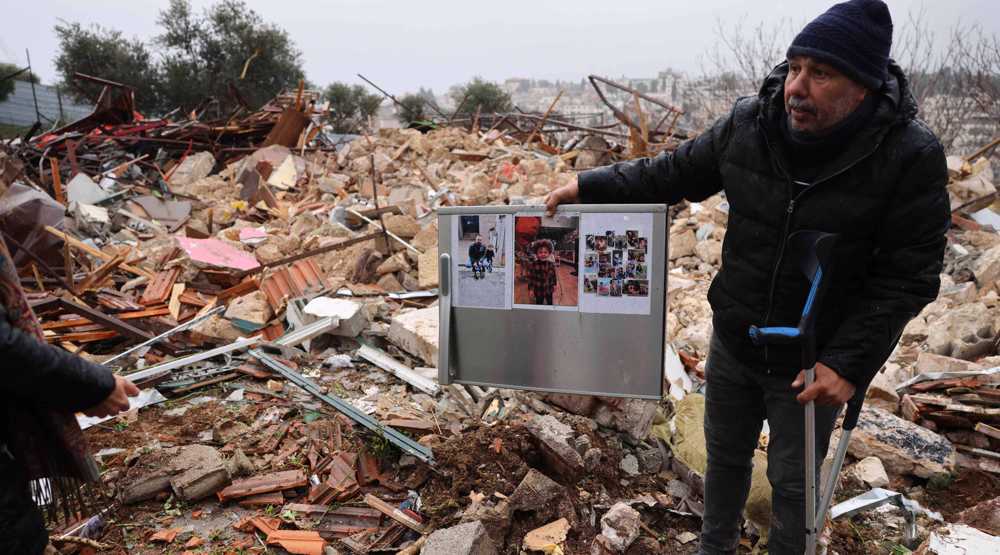
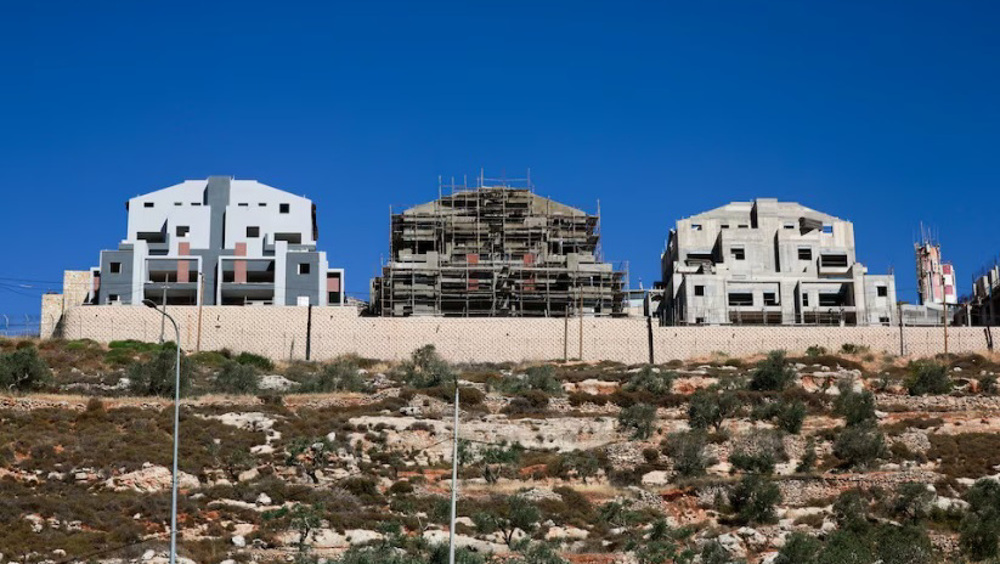
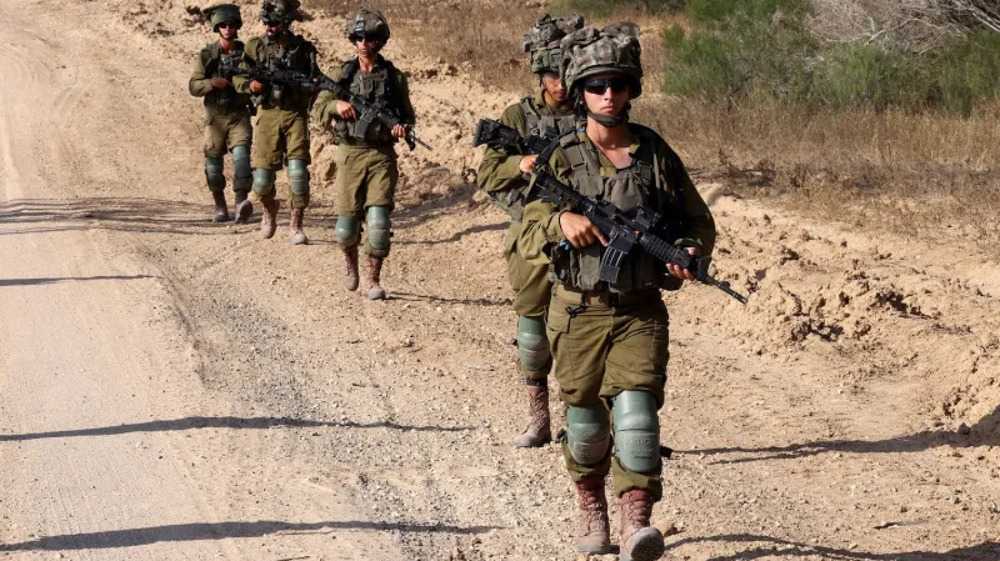
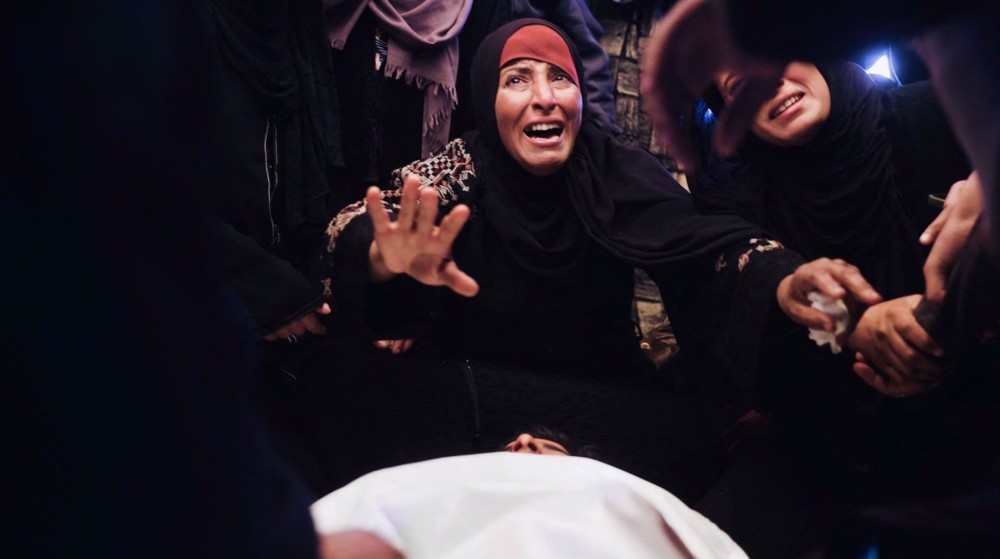



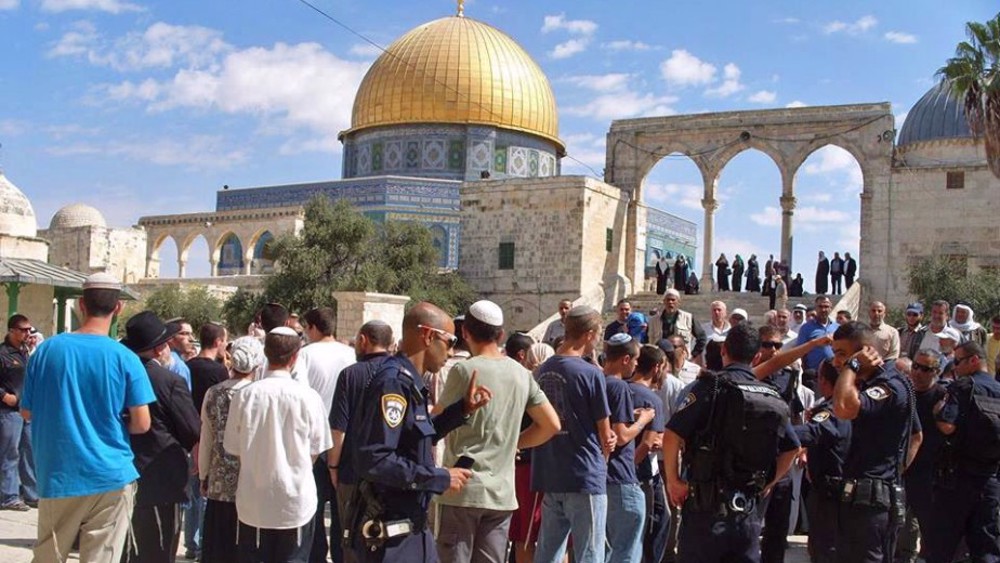
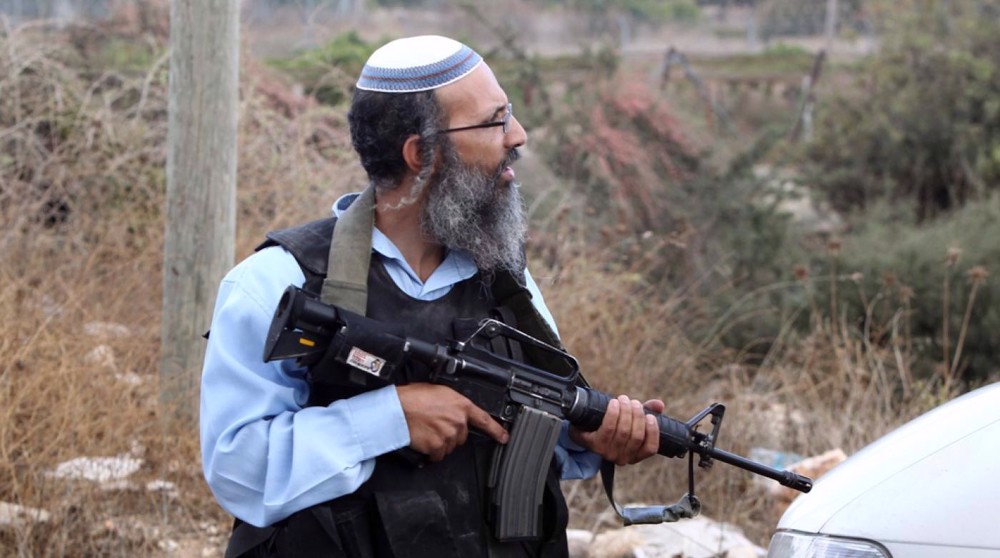
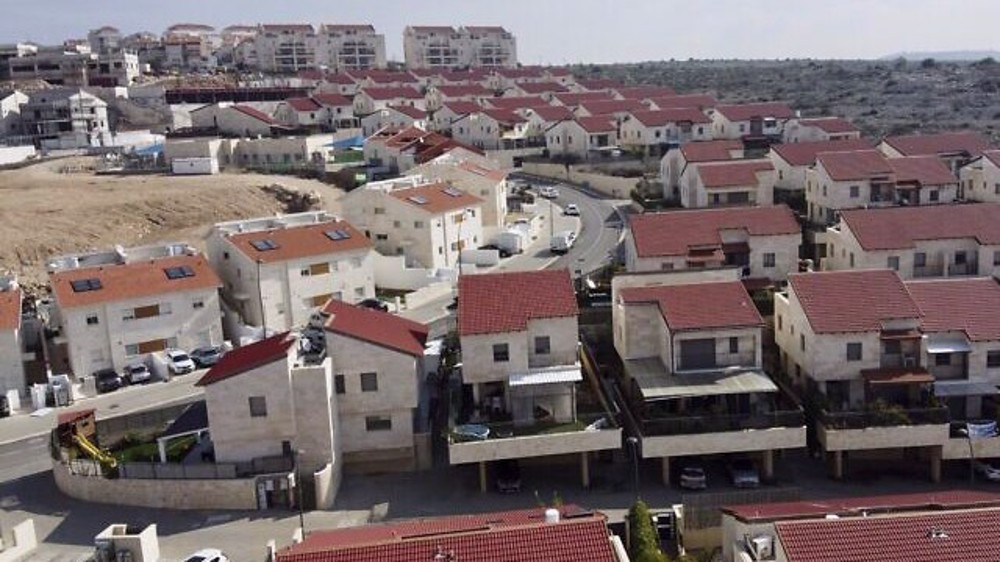
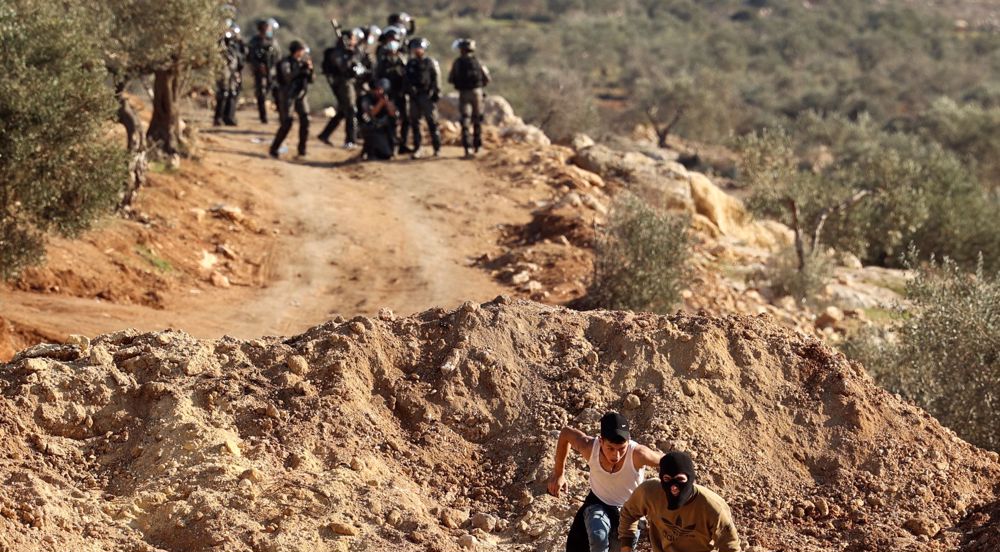
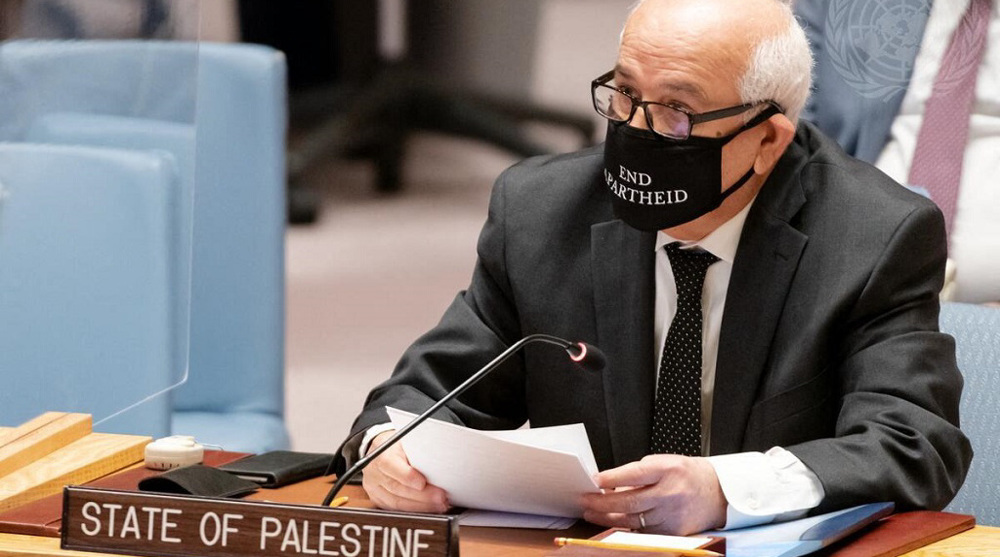
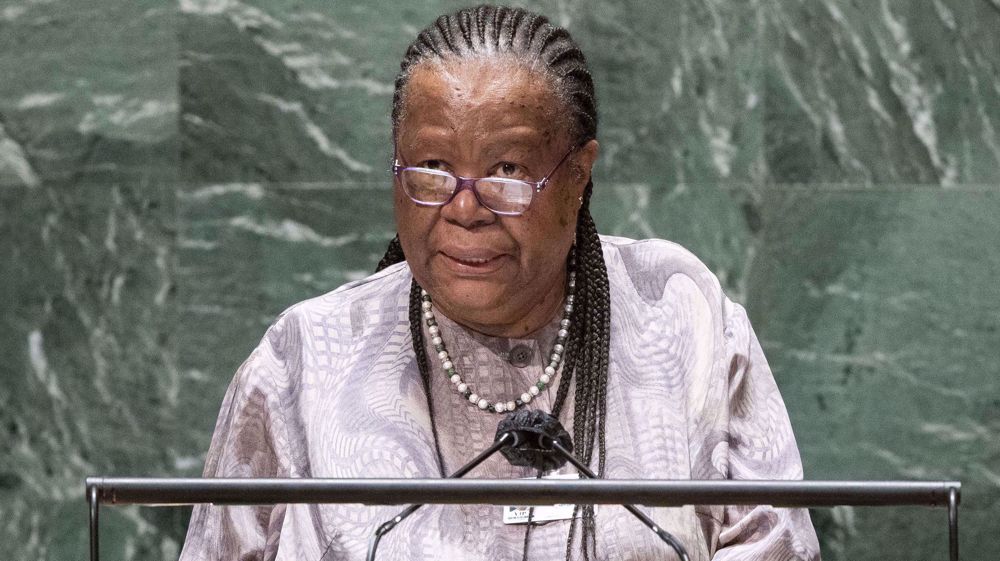
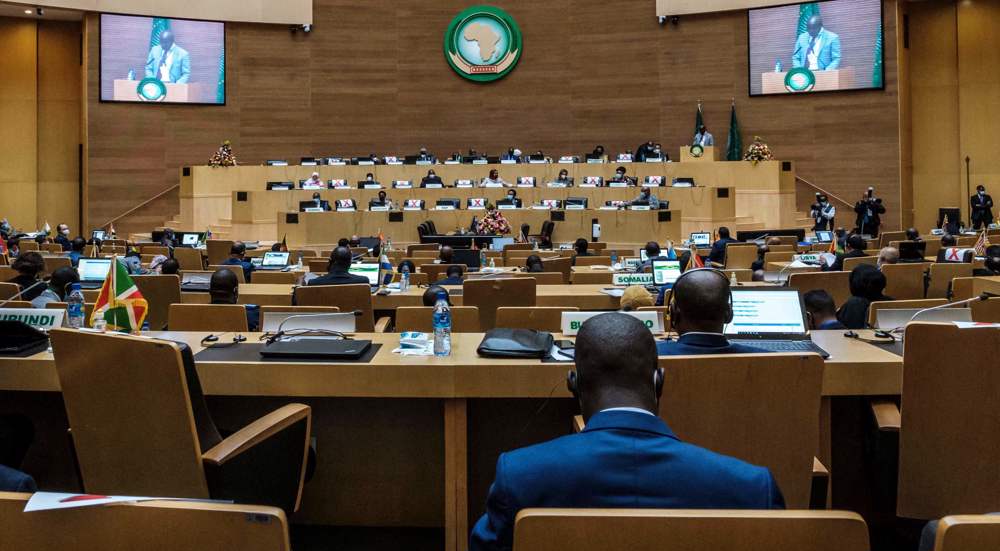
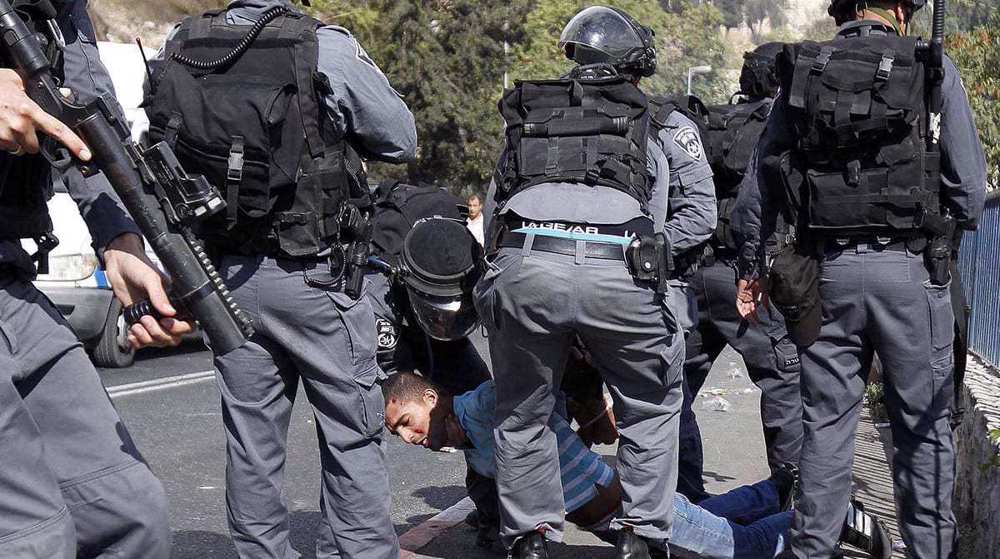
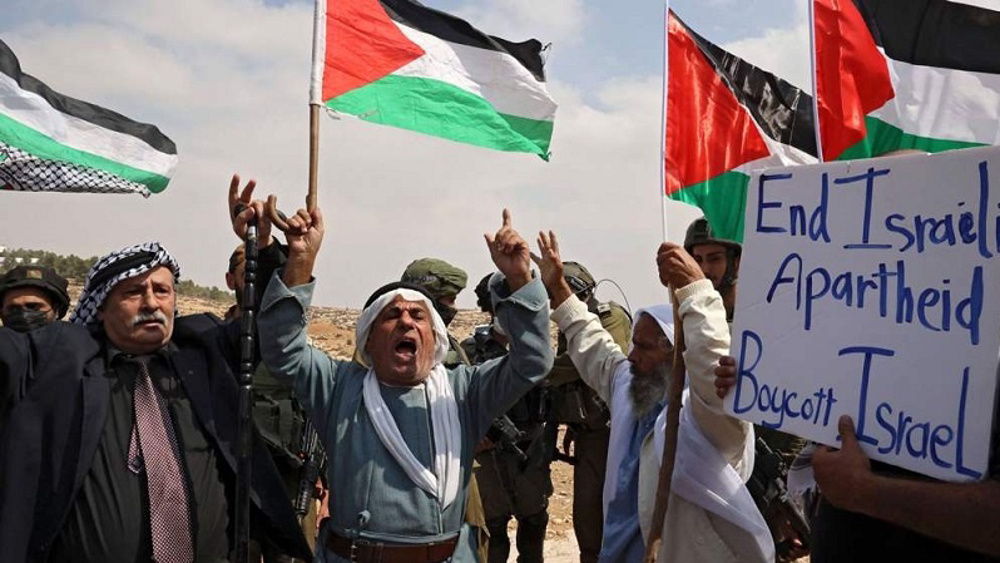

 This makes it easy to access the Press TV website
This makes it easy to access the Press TV website